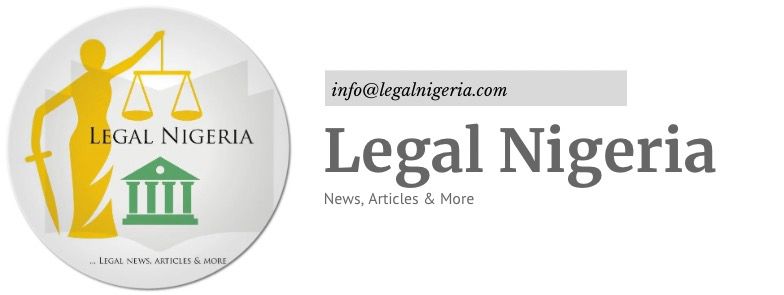By Collins Nweze

The Central Bank of Nigeria (CBN) on Saturday adjusted the official exchange rate to N379 to the dollar.
The official exchange rate had remained at N361 to the dollar for about five months until yesterday’s adjustment, which is seen as a big win for stakeholders – International Monetary Fund (IMF) and World Bank- canvassing for unified exchange rate for Nigeria.
The adjustment of the official exchange rate was in line with CBN’s earlier commitment to the IMF where the regulator promised to unify the exchange rate as part of the conditions for accessing $3.4 billion IMF loan in May.
The loan, which came under the Rapid Financing Instrument (RFI), was meant to assist Nigeria’s fight against COVID-19 and resolve urgent balance of payment needs.
In a letter to the IMF, the Federal Government had assured that it would work towards “full exchange rate unification and greater exchange rate flexibility” to help preserve foreign exchange reserves and avoid economic dislocation.
The new official exchange rate now displayed on the CBN website is closer to the N381/$ being traded on the secondary market intervention sales (SMIS) window.
The SMIS is the market where importers bid for forex using letters of credit and Form M.
With subdued oil revenues, the adjustment would help boost funds available to the federation accounts allocation committee for disbursement to the three tiers of government.
However, the naira closed at N475 to dollar at the parallel market where a large part of the demand for dollars have shifted to.
The CBN had also devalued the currency in March, when it adjusted the official peg against the dollar to N360 from N307. However, CBN Governor, Godwin Emefiele, said at the time the move was “an adjustment of price and not a devaluation of the currency.”
Foreign investors, IMF and World Bank had long called for Nigeria to merge its multiple exchange rates, saying the absence of a single rate creates confusion and deters foreign investment.
The multilateral institutions insisted that with drop in foreign exchange reserves and decline in Nigeria’s dollar earnings over fall in crude oil prices, Nigeria had no option but to devalue its currency.
Analysts insist that with Saturday’s new official rate for the naira, the apex bank is finally bringing all the rates together.
In an emailed note to foreign investors, Trading Desk Manager at AZA, global investment and research firm, Murega Mungai, said rising dollar demand is heaping pressure on the CBN for further devaluations to bolster exports.
Many African countries have been knocking on the IMF’s door for financial assistance to fight COVID-19. As the virus prepares to plunge Africa into its deepest recession in decades, IMF has continued to support many member countries to pull out of the financial implications on their economies.








